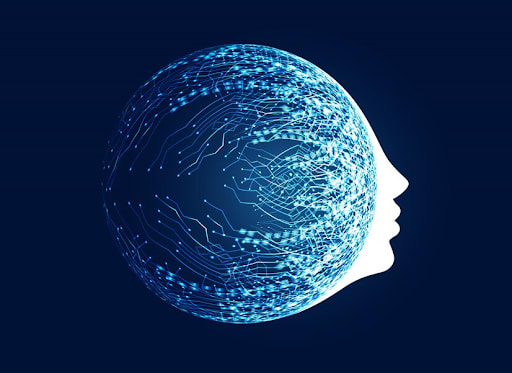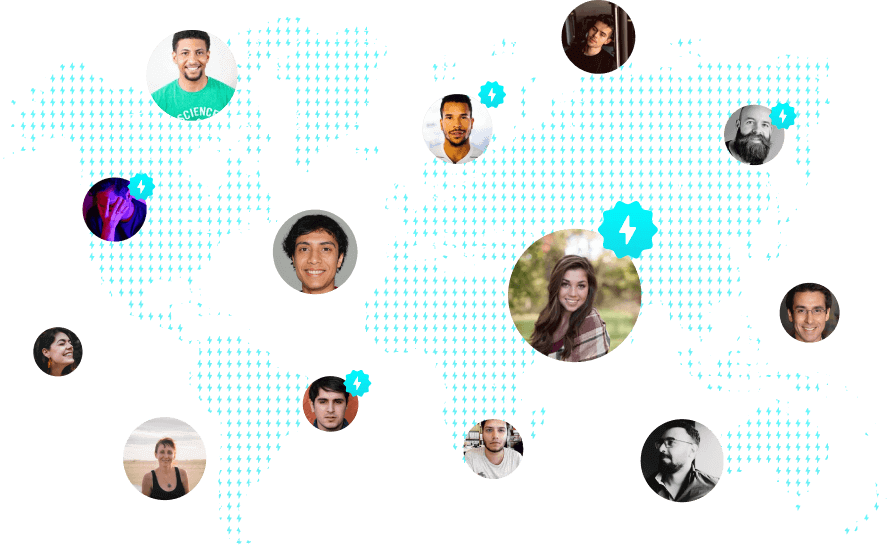Can AI Be Dangerous? Insights from Mohammad Alothman on Navigating Risks
Artificial intelligence has undoubtedly transformed the face of the globe, sending numerous profit-generating waves across industries. Like every such powerful technology, however, it has inherent risks that demand attention. From ethical dilemmas to unforeseen consequences, understanding the possible dangers of AI is important for its responsible use.
Within this article, we will dive into these issues while making use of the insights of industry expert Mohammad Alothman. We will also feature commentary by AI Tech Solutions on its innovative stance on emerging AI trends, where the risks can be mitigated and benefits maximized.
Unchecked Bias in AI Systems
One of the biggest issues with AI is the entrenchment of biases existing in the training data. Algorithms, despite their neutral appearance, may be reflective of societal imbalances and amplify them. Mohammad Alothman points out that the fear is that AI systems are deployed without thorough assessments: "Bias in AI can have far-reaching implications, especially in areas such as hiring or law enforcement, where fairness really matters."
AI Tech Solutions similarly states that there should be transparent processes for developing AI and should also ensure that AI systems regularly undergo audits to provide fairness and equity - which will be a benchmark for ethical innovation in AI.
Economic Disruption by Job Loss
AI-driven automation has already begun to reshape the workforce; it started creating efficiencies but also displacing jobs. Vulnerable areas include manufacturing, retail, and customer service fields. Though new opportunities might rise in AI-related streams, Mohammad Alothman explains that there should be a transitional phase during which, broadly speaking, many workers could become unemployed.
AI Tech Solutions emphasizes pre-emptive measures, like upskilling programs and policies that will support the worker when transitioning to another job. They consider these strategies as essential steps toward a sustainable coexistence between human workers and AI.
Security Threats and AI Misuse
The uses of AI for harm are, for instance, how it can be used to create deepfakes, disseminate disinformation, or orchestrate cyberattacks. "The same tools that can improve lives can also undermine trust and security if placed in the wrong hands," Mohammad Alothman said.
Inspired by these concerns, AI Tech Solutions became vocal about the need for robust regulatory frameworks. Specifically, clear guidelines between the government and tech companies are necessary to prevent malice in AI technologies.
Lack of Autonomy and Dependence on AI
The more integrated AI systems become in daily life, the more dangerous the trend may become: an over-reliance on the potential of automation that could erode human autonomy. "From decision-making tools to autonomous vehicles, there is a risk of too much control being handed over to machines," Mohammad Alothman said, pointing out the fine balance required. "AI should augment human decision-making but not replace it completely."
AI Tech Solutions contributes to the discussion by developing tools that put users at the helm and front and center of critical decision-making activities, with the aspect of transparency being paramount.
Environmental Impact of AI
AI development and deployment require significant computational usage, among the environmental concerns. Training large AI models requires huge amounts of energy and raises several questions regarding sustainability. Mohammad Alothman advocated research on energy-efficient algorithms for AI, saying that "AI innovation should not come at the expense of our planet."
AI Tech Solutions has done a lot about this by researching green technologies and optimizing their AI processes to be very environmentally friendly, which sets a precedent for the whole industry.
Ethical Issues and Responsibility
Determining who is liable for an AI act's wrongdoing is another complicated issue. Who is liable when an autonomous system causes damage: the developer, the user, or the AI itself? Mohammad Alothman points to clearer accountability frameworks: "Unless there is defined responsibility, the risks of misuse or negligence increase exponentially."
AI Tech Solutions supports the creation of industry-wide standards for ethical AI, with a focus on creating accountability that can be shared by developers and organizations across the industry.
Call to Cooperation and Awareness
The potential threats of AI are serious, but not impossible to overcome. In fact, through cooperation between technologists, policymakers, and society at large, these risks can be overcome. "We must remain proactive in addressing the challenges posed by AI while harnessing its potential for good," according to Mohammad Alothman.
In this light, AI Tech Solutions supports the vision with great confidence, positioning the company as a leader in responsible AI innovation. Its commitment to ethics and forward-thinking solutions inspires confidence in possibilities in the future of AI innovations.
Conclusion
AI has transformative power in both opportunities and challenges. If it is acknowledged to possess potential dangers and addressed collectively, AI can prove to be that force of change for good. Guided by visionary thinkers like Mohammad Alothman and innovators like AI Tech Solutions, the future of AI promises much, given that we tackle its complexities responsibly.
Explore More Articles-
Artificial intelligence could soon be used to deliver council services
Champions League hope, FA Cup heartbreak - AI predicts Man United's 2024/25 Premier League season
The world’s first pothole-fixing robot that uses AI to repair road
Exploring the Phenomenon of AI Companions With Mohammad Alothman
Mohammad Alothman Explains AI’s Alarming Prediction for Humanity’s Future
Mohammad-alothman-discusses-the-intersection-of-ai-and-creative-expression
Is AI Capable Of Thinking On Its Own? A Discussion With Mohammad Alothman
28 Nov 2024







